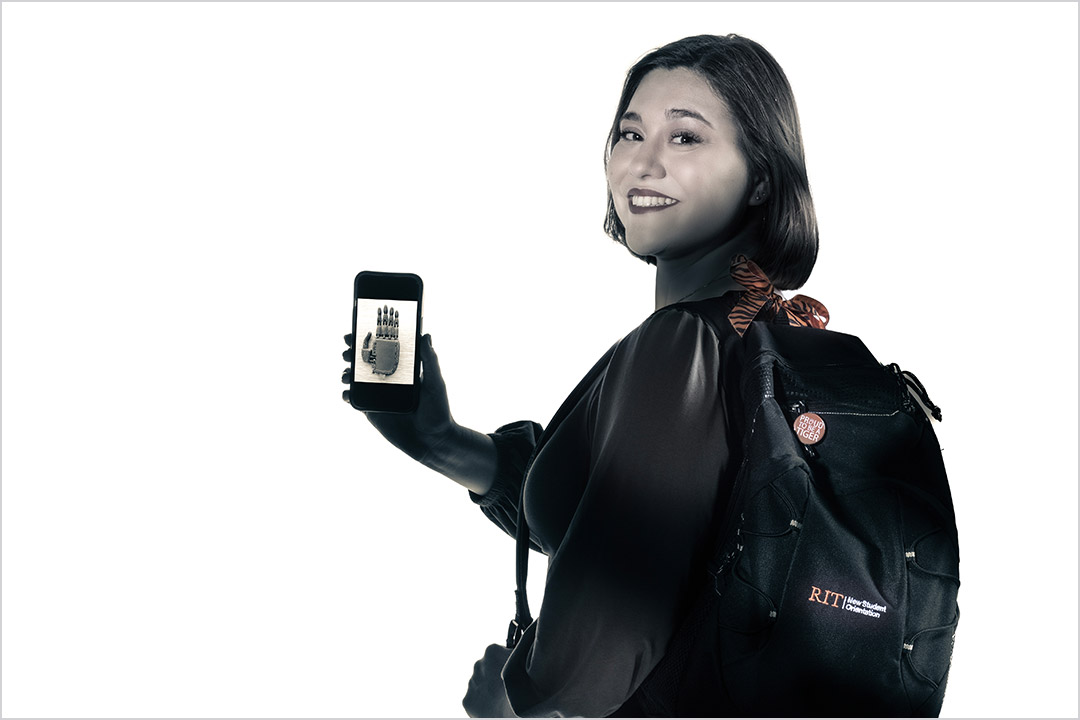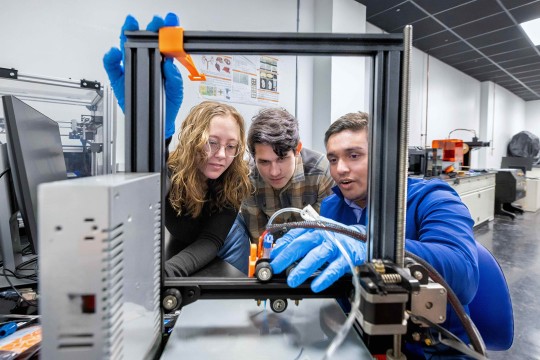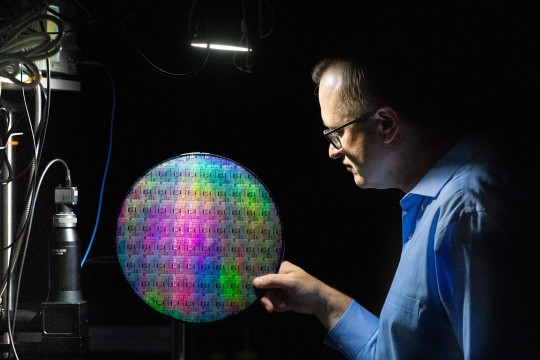Biomedical engineering graduate Maggie Brooks sets sail for UK as Fulbright Scholar
Maggie Brooks begins a master’s program in developing prosthetics for underserved populations at the University of Southampton
Carlos Ortiz
Maggie Brooks, a biomedical engineering graduate, will continue her work on designing prosthetic devices for underserved populations in the UK as a Fulbright Scholar.
England’s port city of Southampton launched some of the most storied ocean liners in the world. It also will launch Maggie Brooks’ career as a prosthetic engineer.
The biomedical engineering graduate begins a Fulbright experience this fall at the University of Southampton in its Amputation and Prosthetic Rehabilitation graduate degree program. A top school for people-centered healthcare, it is a good fit for the scholar who is blending technology and design with doing good.
Meet the other Fulbright Scholars
Graduate Sophia Williams wins Fulbright award to pursue graduate education abroad
Professor Michael Barbosu to spend fall in Romania researching and teaching mathematical modeling
Professor Brian Tomaszewski uses spatial data science to help Ukrainian refugee crisis in Poland
“Southampton’s program is about understanding the amputation and rehabilitation process from holistic, patient-centered views,” said Brooks, who will focus on improving access to quality prosthetics in low resource areas. “Bringing together people from different backgrounds—engineers, nurses, physical therapists—all with the same goal to learn what the patient is going through physically, psychologically, and emotionally, it puts that patient at the center of their rehabilitation.”
Brooks has been zeroing in on that center since she was in high school and first visited Haiti during a field trip. She recognized the lack of medical resources available and the challenges people faced to receive quality care.
The biomedical engineering program and student chapter of Engineering World Health were among the deciding factors for Brooks in selecting RIT. She traveled with EWH to work in hospitals in Guatemala repairing medical equipment. Classes with faculty member and mentor Jade Myers were in 3D printing and modeling. Projects included a pediatric prosthetic device that allows for a child’s growth.
There’s a 45 percent rejection rate for children compared to 26 percent for adults who stop using devices. Reasons include a device that is more generic than individualized and limited access to continual care where the device can be re-fitted and re-set.
“We grow and change, even in a day. The device should work for the person. The person shouldn’t be adjusting themselves to the device,” Brooks said.
A Fulbright alternate last year, Brooks continued to pursue the opportunity. Her favorite football team, the Buffalo Bills, provided an omen that she’d succeed the second time around.
“Before I got my acceptance, I found out the Bills were going to play in London, that was a sign for me,” she joked.
Cultural exchange is a big part of the Fulbright program, and scholars are asked to immerse themselves in a new community.
“When you get involved in the community, you get to know people. Sports are a great way to do that,” said Brooks, who expects to enjoy Southampton’s baking society and to volunteer as an artistic swim coach for local youth teams. “Food is social. They have a baking society in Southampton—perfect, I said. They like baking, I like baking, built in friends.”
Travel to a new country is both exciting and daunting, but the chance to take classes and do research in a necessary and evolving field is a great opportunity.
“I am so in awe that I get to do this, that the Fulbright commission sees me as a good ambassador,” said Brooks. “The fact that there is this school that is doing exactly what I want to do, and that I can have this opportunity. It’s a dream come true.”






